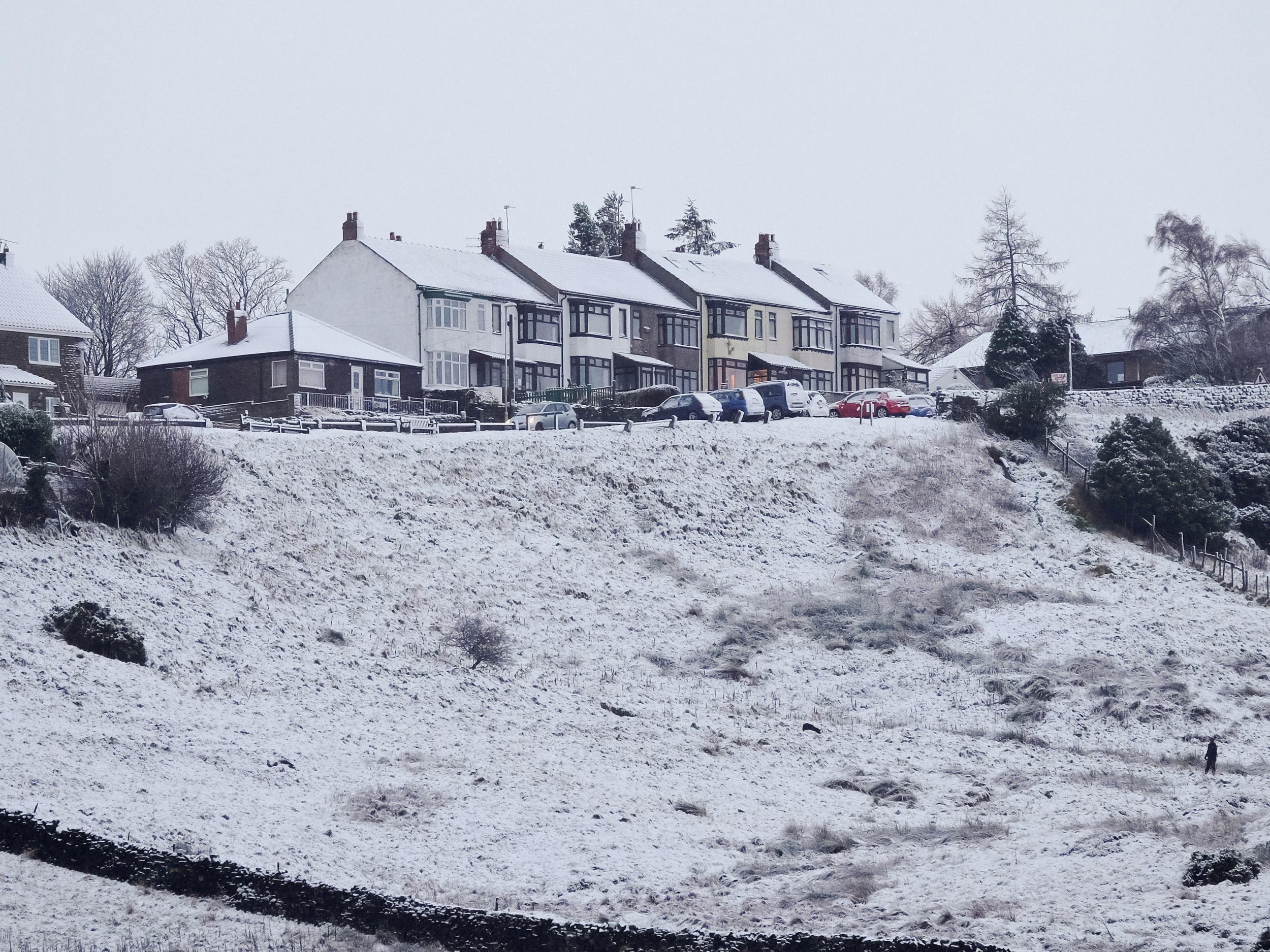The Government claims to be serious about affordable housing and energy, but it's leaving renters in the cold yet again
Back in 2011 the hard work of campaigners forced legislation from the coalition government that would ban the private rental of the leakiest, least energy efficient properties in England and Wales – but there was a loophole


Your support helps us to tell the story
From reproductive rights to climate change to Big Tech, The Independent is on the ground when the story is developing. Whether it's investigating the financials of Elon Musk's pro-Trump PAC or producing our latest documentary, 'The A Word', which shines a light on the American women fighting for reproductive rights, we know how important it is to parse out the facts from the messaging.
At such a critical moment in US history, we need reporters on the ground. Your donation allows us to keep sending journalists to speak to both sides of the story.
The Independent is trusted by Americans across the entire political spectrum. And unlike many other quality news outlets, we choose not to lock Americans out of our reporting and analysis with paywalls. We believe quality journalism should be available to everyone, paid for by those who can afford it.
Your support makes all the difference.As Conservatives spent much of the last week soul searching, it was housing and energy bills they put at the centre of their attempts to refresh their image at conference.
But despite yet more promises by the Government to finally side with tenants, right now some of the most vulnerable renters in the country are at risk of being left in the cold while landlords are let off the hook yet again.
Back in 2011 the hard work of campaigners forced legislation from the coalition Government that would ban the private rental of the leakiest, least energy efficient properties in England and Wales from April 2018. This was a step in the right direction – benefitting some of the most vulnerable tenants – but came with a loophole. As the law was written at the time it relied on the availability of adequate energy efficiency measures for landlords to fund or finance improvements to bring properties up to a higher (though not high) standard.
Since then, thanks to cutbacks and a general backslide on green issues from Government, those funding options have all but disappeared – leaving landlords able to exempt themselves from making properties liveable.
What was already an unambitious policy – aimed only at bringing the very worst homes up to below the national average – looks set to become utterly toothless.
This cold homes loophole will mean vulnerable families continuing to pay high private rents to live in unlivable homes. Exemptions for affected landlords opened on 1st October – and are expected to last for 5 years. As climate charity 10:10 notes, that could mean up to 300,000 households paying £1bn extra on their energy bills.
If we don’t stop this, it will become yet another example of Conservatives failing Britain’s already disempowered and hard pressed renters – and siding with landlords instead.
The policy isn’t hard to fix. A cost cap for landlords would ensure the vast majority of properties are improved without excuse, with the remainder able to access what is left of public funding where costs are higher.
In the UK we have some of the worst housing stock in Europe. Each year we spend £7.5bn wasting energy through rotting windows, flimsy walls and damp rooms. The Government’s own figures show that one in five private renters are living in fuel poverty – double the average, and four million children live in homes where parents can’t afford to keep them warm. It’s Victorian. And every winter thousands more people die entirely preventable deaths.
My Big Renters Survey last year found over half of London renters had suffered from cold and draughty homes, and nearly two thirds from damp – a closely related problem for underheated homes.
This week, Age UK has published research showing the number of private renters over 45 is rising dramatically, doubling in London in the last decade, and the number of private renters over 65 is expected to double by 2039. The report also highlights that cold homes affect older renters more in terms of health, while high rents and heating costs have forced some into horrendous choices between heating and eating.
Measures to fix cold homes could not be more urgent, and the Government must not let them be cancelled or reversed when simple, fair and practical solutions are on the table. For the Prime Minister’s insistent claim that she wants to “root out injustice” not to ring hollow urgent action is needed to close this cold homes loophole, before it’s too late.
Sian Berry is a member of the London Assembly and a Green Party councillor on Camden Council
Join our commenting forum
Join thought-provoking conversations, follow other Independent readers and see their replies
Comments